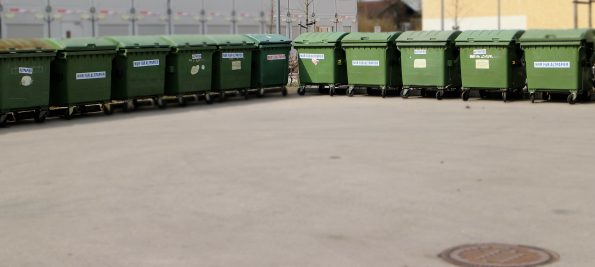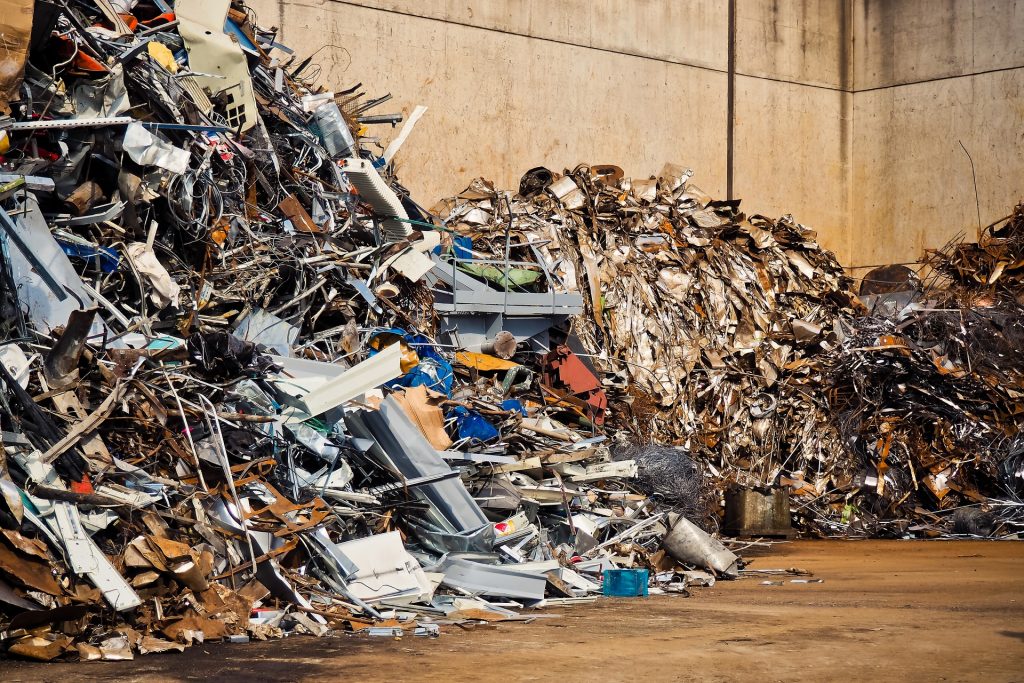How to Develop a Good Waste Management Plan
Waste management plans represent written records of the actions that have to be completed in order to achieve predetermined goals regarding the handling of waste. Waste management often seems like a difficult prospect, particularly when it comes to larger waste generators such as companies, organizations, and other commercial spaces. However, every good plan has a few key components in common, all of which come together to create an effective and successful waste management plan.

With that in mind, here are some simple tips you should consider when developing a great plan for your business as well:
Establish objectives and goals
Before you begin implementing a specific waste management plan, it’s recommended to set certain objectives and goals. While the goals may depend on the company and its unique needs, establishing objectives is always important for staying motivated, ensuring all projections are met, and achieving success with your waste handling plan. Some of the most common goals and objectives include reducing waste as much as possible, reusing and recycling whatever you can, using methods in your business operations that allow for sustainability, and using materials and products that minimize overall waste.
Estimate the amounts of waste
Another crucial aspect of an effective waste management plan is identification. In order to handle your waste more efficiently, you have to recognize the types and amounts of waste your business regularly generates. To do this, consider making a tour of the premises, checking each bin and container, and making a note of the volumes and waste types you come across. This will give you a better idea of the current situation. Then, you will be able to set specific targets for reduction, such as reducing the waste you produce by 20% by the end of the year.
Identify destinations of waste
After the waste has been identified, it’s also important to determine its future destination. This means establishing any recyclable and compostable waste, finding specific methods for handling it, and locating appropriate facilities for disposal. Include a site plan with separate recycling areas if possible. For non-recyclable waste, find out which local outlets are available for disposal, and which services will perform the collection. Keep a list of all operators, including backup companies in case of setbacks, as well as their details.
Invest in the right equipment
Every good waste management plan requires the right equipment for successful implementation and streamlined processes. For instance, commercial waste compactors are some of the best solutions you could opt for. These robust and reliable machines can compact different types of waste and minimize the number of bin empties, thus reducing costs, saving space, and improving the overall hygiene on your premises. While waste compactors can be beneficial for any commercial space, consider your waste types and volumes when deciding on other waste handling equipment that will enable you to smooth out the entire management process.
Communicate and train others
To ensure the procedures are implemented as planned, it’s vital to inform and educate everyone in the company. From shop workers to executives, make sure everyone knows the importance of good waste management, what your main waste objectives are, and how they can contribute to achieving them. If company-wide participation is an issue, consider using incentives to encourage involvement. Goal-based rewards, positive competitions between departments, and initiatives that celebrate the lowest waste generators can all be of great help.
Assign specific responsibilities
Once you’ve ensured everyone in the company is on board, it would also be helpful to designate a specific person to be responsible for on-site waste management. They can oversee procedures and make sure that the entire waste management plan is actually being followed. The person in charge of waste handling has to be interested in these operations and eager to lead the project. After all, reducing and managing waste always has to be a team project in commercial areas, which is why it’s vital for the project leader to know who they are and what their responsibilities are.
Track your overall progress
To make sure your waste management plan is successful, you need to keep detailed records moving forward. This includes the types of generated waste, the volumes of reused, recycled, and removed waste, as well as any costs or savings that are related to these processes. After a certain period, such as a quarter, revisit and analyze your waste records. The data you collect will enable you to measure your success rate, identify any existing areas for improvement, develop new ways to enhance the waste management process, and save some money along the way.
Managing waste efficiently can be a challenging and fiddly task, especially in terms of commercial spaces. Use the guide above to construct a good waste management plan and enhance your waste management efforts in the future.

